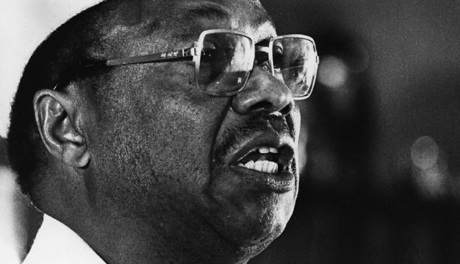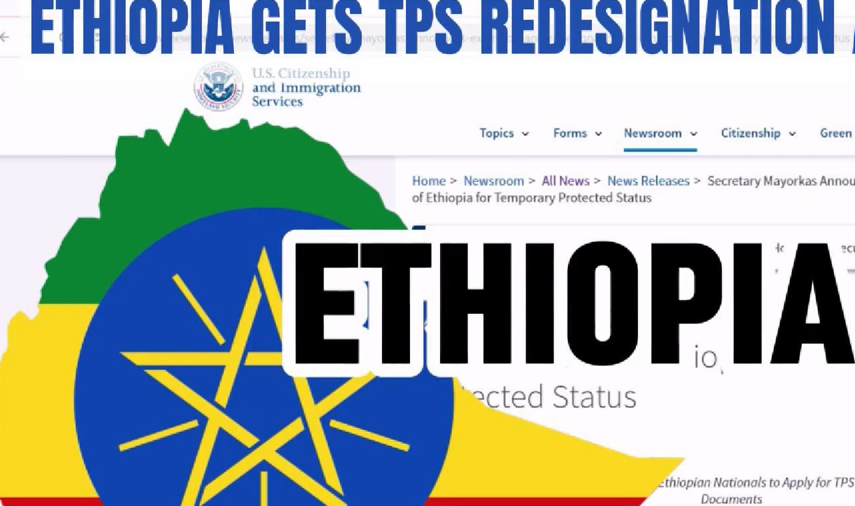Author says President Tolbert, assassinated during 1980 coup, paid “more for the sins of the past”
Long before the Marcus Garvey “Back to Africa” Movement was born, there was already Liberia.
It is even fair to say that Liberia was the inspiration of the Garvey movement. If he had succeeded, Garvey had made arrangement with the government of Liberia to repatriate his followers there. Maybe fearing the gigantic Garvey movement and fear of the colonial powers, the Liberian government reneged on its promise with Marcus Garvey, putting an end to his Back to Africa dream.
While the Garvey plan did not succeed, the freed African American slaves that went to Liberia would the exclusively rule the country for over 100 years until the violent overthrow of the Tolbert regime in April 1980.
Over the years the relationship between the so-called “native” Africans and the Americo Liberians were not cordial as a result of this exclusive dominance of the returning “settler” class. April of this year was the 35th year since the 1979 violent protest that preceded the April 12, 1980 coup.
There were many discussions on radio and other forums in Liberia as well as amongst the Liberian Diaspora in the US and in Europe. I was asked to contribute to the discussion and below is an edited version of what I wrote:
I came of age in Liberia during the era that saw Master Sergeant Samuel Doe and his fellow junta topple the regime of Dr. William R. Tolbert Jr., thereby ending 127-year rule of the Americo-Liberian dominance.
On that fateful Saturday morning of April 12, 1980 when the news was given of the coup, my little mind could not understand what had gone wrong because the word “politics” was not part of my vocabulary. As a matter of fact, I was not a fluent speaker of English at the time, having grown up speaking my native Mandingo language. My vivid memory of that memorable morning was the beating I received from one of my uncles who had instructed that we the “little children” stay in doors while the adults figure out what was going on. Against this directive, I had ventured out on the streets of Saclepea.
At this point in time, I was not aware of the Congo-Native divide (“Congo” being another reference to Americo Liberians). I grew up and attended schools in rural Liberia. In this part of the country the Congo-native issue was not part of my everyday experience. It was after the coup that I became aware of “Americo-Liberian-native divide.”
Before his violent death, President Tolbert visited the madrassa I was attending in Saclepea known as the Liberian Muslim Union School where we were taught in Arabic and English. On those two occasions, I shook the president’s hands and I was very happy that I did.
I was member of the choir that serenaded the president with beautiful Arabic and English songs. In Saclepea there were two Congo families as I grew up knowing onward from 1980. They were the Wright brothers. One of them lived in the “big red house” with lots of flowers around.
He was the father of Judge Wilkins Wright and Jonathan Wright. He was a pastor in the Methodist Church around Johnny Voker High School in Saclepea, a position which was taken over by his son Jonathan Wright years leading to the war. He was very reserved and we the children were afraid of him. No one went around him. His brother was the opposite. He was a carpenter and friend of the common people. His house, not too beautiful like his brother’s, was directly opposite our madrassa on Bahn road.
He was so jovial to the extent that we the children called him “our friend.” During recess, we would cross the street to pick up plums from his numerous plum trees in his yard. He would even help us to pick up the plums. One other difference between him and his brother was that he was married to a Mano woman. So just as the two brothers looked different in their outlooks and the way they dealt with the common people, one could see the difference between their children.
As I grew older over the years and having read many accounts of the events that led to 1980 coup, below is my analyses. This was my response recently to a question post on the EveryLiberian listserv as to “what would Liberia be without April 14 (the protests), and April 12 (the coup) respectively? The followings are my answers to that question: There is a saying that “Those who make peaceful change impossible will make violent change inevitable.”
Could democratic change come to Liberia without the April 14 or April 12? I doubt it. Both were the desires of the people to bring about change but there were lots of people with outdated conservative ideology who were resistant to change in any peaceful way thereby making the violent change inevitable.
Of course a lot has gone wrong with the changes that took place and many people are blaming the progressives for such. But if we must be fair, though the change was championed and inspired by the progressive agitators but the change was eventually executed and taken over by people who didn’t have the true revolutionary ideological understanding of the change the people desired.
The progressives were not fortunate to be in the driver’s seat of the change they inspired. In my review of Prof. Sankawulo’s book, “Sundown At Dawn, Liberian Odyssey,” in 2005, here is what I wrote: In the book, no direct reference is made to the Radical 70s or the 1980 coup in which the 127 year rule of the apartheid-like Americo-Liberian regime is overthrown, but it speaks of an imminent native rebellion against the “system” as far back as the 50s. In their prison cell in Belle Yallah, Dougba and his fellow cellmates often talk about this rebellion as the only way to end the Americos’ dominance of the natives. Taking that into consideration, it’s fair to say that the 1980 coup was a long time coming. It was something that was bound to happen given the way things were.
Even though it may be argued that beginning with President Tubman through President Tolbert, the Americo-native divide were being bridged, it could also be argued that however good President Tolbert tried to right the wrongs, it wasn’t enough to neutralize the anger and resentment that had been built over the years as a result of more than hundred years of an oppressive minority rule. We may then say that President Tolbert was killed more for the sins of the past.
About the author: Nvasekie Konneh is a nine year veteran of the US Navy. He’s a Liberian writer and author of the collection of poetry, Going to War for America and a memoir of the Liberian civil war, “The Land of My Father’s Birth. He can be reached at [email protected] or 267-407-5735












